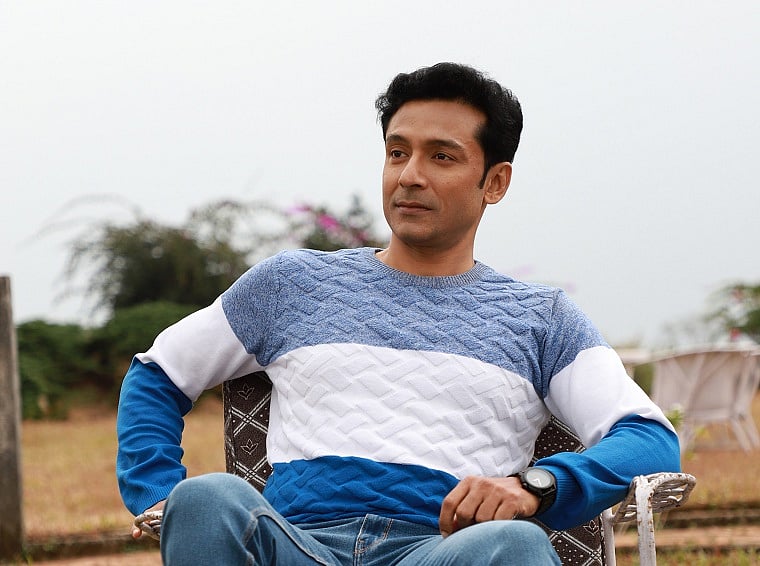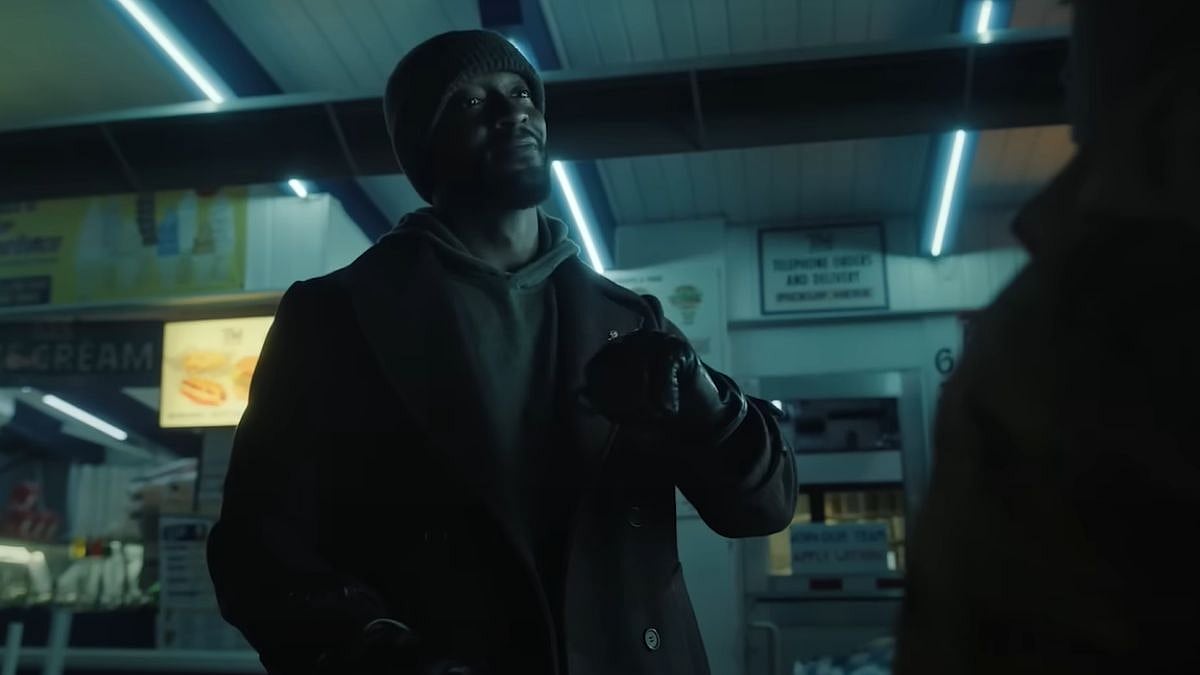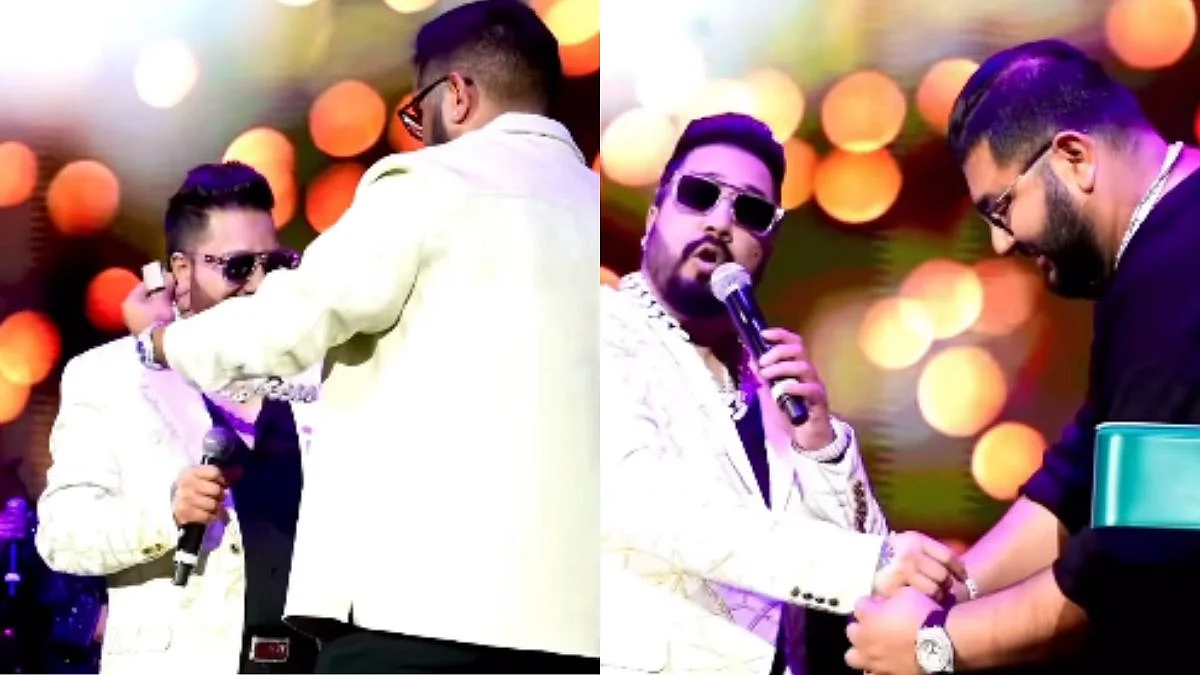It is not every day that we have a movie talking about the differently-abled, it is rare to have a protagonist as a man with Down Syndrome, and it is almost never that you have an actor with the same condition playing the part; especially in Hindi cinema. Nikhil Pherwani’s feature-length directorial debut, Ahaan, starring Arif Zakaria, Niharika Singh, Plabita Borthakur, Rajit Kapur, does just that. The movie is an ode to the friendship between a young man with Down Syndrome in contact with a self-indulgent man suffering from OCD, and the director, instead of going for an A-list actor, has cast Abuli Mamaji, a person with Down syndrome to play the titular role. The movie is now streaming on Netflix. We caught up with the director to discuss his audacious first step into the world of Hindi cinema. Excerpts:
Tell us about your journey with Ahaan.
I have seen that people with some condition are treated as if they are less than human. It always bothered me and I wanted to deal with it in my own way. The perception is very narrow and I basically wanted to make something that was more like a defense system for them. In fact, when I was doing my research with parents and their special children, I came across such wonderful people. It was a revelation in itself. They have a unique zest for life and that is what keeps them going. It is a very every-day story; I didn’t want it to be a typical sob story. He is easy to connect with and we have shown how he is making a difference in the lives of others as well.
The actor who plays the protagonist actually has Down Syndrome. What made you pick him for the role?
I had been visiting a lot of schools and institutions that help differently-abled people to work their ways around life. It was at one of these places that I chanced upon him. Abuli Mamaji, who plays the role of Ahaan, comes from a well-heeled family based in Mumbai. He, in fact, came up to me and struck up a conversation on his own. Somehow his energy and his liveliness really got to me. He is a Salman Khan fan and he told me it was his dream to be an actor. If you are making a film on disability, the principal aim is to encourage inclusion. So, the best way to do that would be to encourage him to be an actor in my film.
Also, in terms of representation this was the most accurate. If I had roped in an actor to play a differently-abled man he may not have been able to portray the nuances in the right manner. Somewhere down the line it wouldn’t have been true to character. Of course, one had to go through a lot of training with him. But with him you could never go wrong with things like body language and mannerisms. There was no chance of it becoming a caricature. I wanted it to be as real as possible.

What is your take on the representation of the differently-abled in Hindi cinema?
We still have a long way to go. Even if there is a film on disability once in a while, there is not enough representation. In most cases it becomes a typical tear-jerker. Everyone wants the easy way out and I feel most directors look for a face that will sell the film. That kind of takes away the focus from the theme. Then, there are others who are making a film with the sole idea of winning awards at film festivals, right from day one of the shoot! Something is diluted in the intent of making the film, if you have so many things in mind. Focus on the cause is the only thing that will bring in inclusiveness.
Has an OTT release helped your cause?
Yes, of course. That is why OTT is such a big thing all over the world now. You don’t need a star to sell your film. Content is enough. It makes filmmaking such an elevated exercise now. My film is being watched by thousands across the world, without me having to run from pillar to post to cast an A-list actor from Bollywood. It is such a relief.











